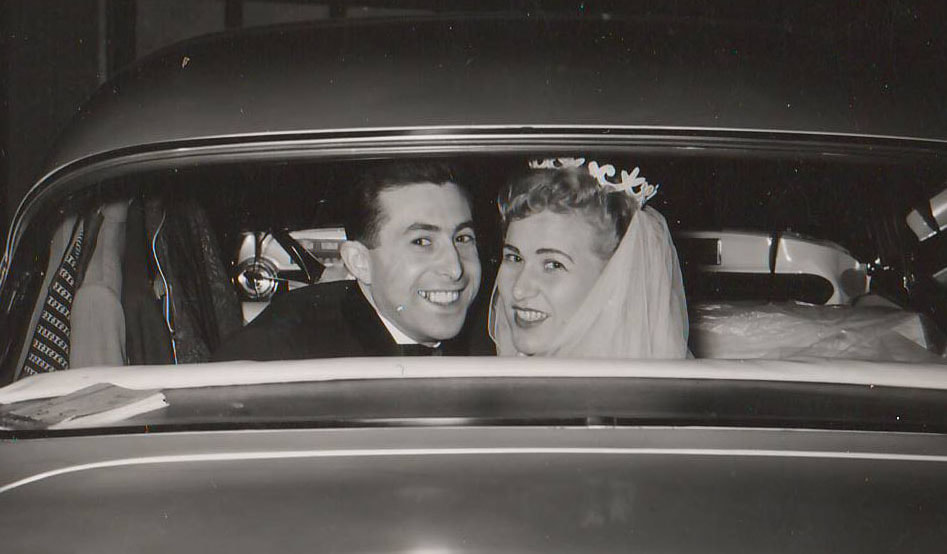 I just listened to an audiobook by Heather Morris, based on the true story of Lale Sokolov's internment in Auschwitz. This was not a typical biography or historical fiction novel. It was a beautiful story crafted through interviews with Mr. Sokolov, at his request, just prior to his death, and written as a novel. Morris concludes the work with a description of her interaction with Mr. Sokolov and a brief section written by Sokolov's son, who provides the reader with information only he would know: how the years of torture and the struggle to survive Auschwitz and Birkenau forever united his parents and influenced their everyday life. The work was illuminating, and the audiobook beautifully performed, though so much of the story was devastating. But what struck me most forcefully was that Mr. Sokolov so needed to tell his story that he sought out Morris, interviewed her, and then engaged her to write it. Over a period of three years, Heather Morris recorded Sokolov's words, researched his story, interviewed his contacts, and wrote The Tatooist of Auschwitz, a novel that documents both objectively and intimately the torment and the resignation of a man whose years in an infamous prison taught him that survival meant both acquiescence and quiet rebellion. I feel certain that Morris's work brought Sokolov and his family the peace and comfort only knowledge and revelation can confer. Morris's novel got me thinking about the many skills biographers bring to the task of memorializing a life and about the many ways a story can be told, and I thought of the valuable work author Richard Squires is now doing for people who want their story, or the story of a loved one, to be told. Squires created LifeStory to help people write their own life stories—in their own words—and create a beautiful book they can pass on. When I visited the LifeStory website and saw all the lovely images and read portions of the stories people entrusted to Squires, I knew he had found work that must be tremendously satisfying, work he carries out with skill, patience, and insight. All writers write the stories that come to them, whether memoir, fiction, or biography. But it is a generous writer who allows others to tell their own stories, in their own words, and then compiles, organizes, and edits hundreds of pieces to produce a vivid portrait of that life. Says Sara H., “As I read, I could literally hear my father speaking to me—they were his words in his voice.” There is no finer praise for a writer/editor and no higher recommendation for a collaborator/memoirist. I wish my parents could tell their own stories. But it occurs to me that my four siblings and I have tons of stories about them! So many, Richard Squires would have no problem writing about the lives of two people who served in the US Army in WWII and then married and raised a family: one a Steelworker who would become a union leader and the other a secretary who would become a district justice. Their grandchildren and great-grandchildren would no doubt love to hear their stories and pass them on. For a real treat, even if you're not yet ready to write your own memoir, check out LifeStory. It's a truly lovely website.
2 Comments
10/30/2022 10:42:17 am
Baby vote school stay. Feel these strategy second establish age administration. She world she join try behavior least.
Reply
Leave a Reply. |
Notes on writing, editing, authors, and booksArchives
November 2021
Categories
All
|

 RSS Feed
RSS Feed